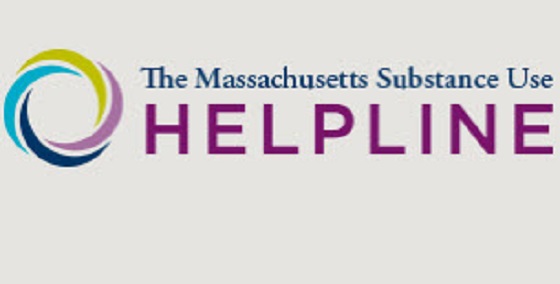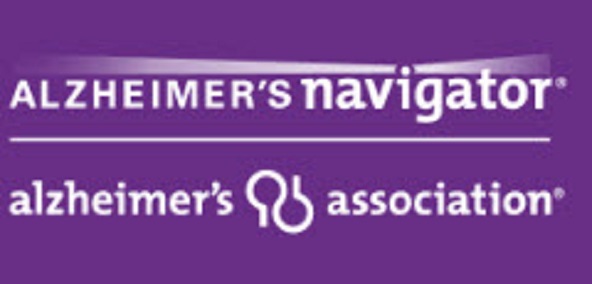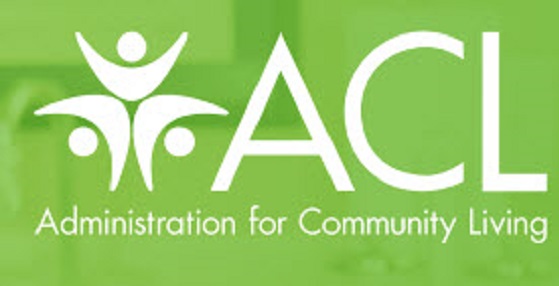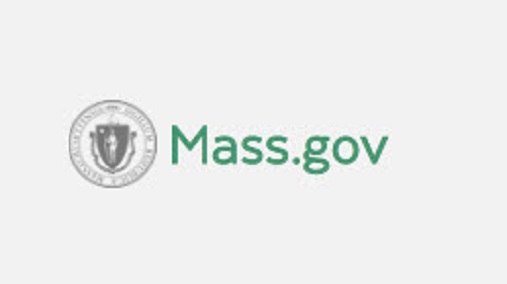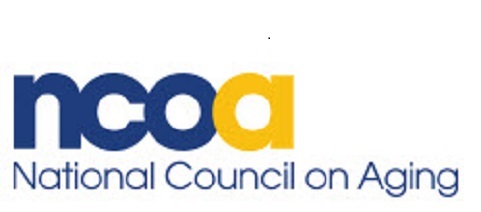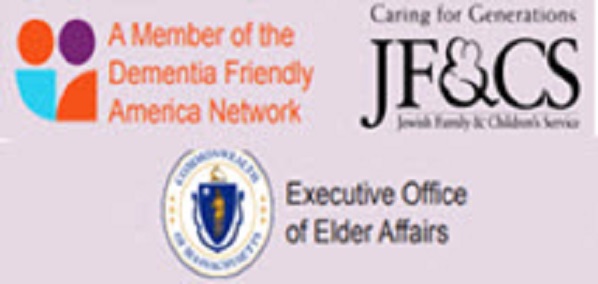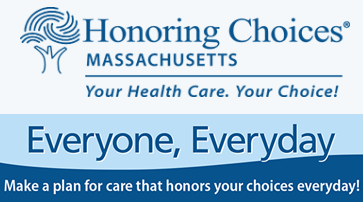Join MHA and Honoring Choices Massachusetts as we outline how you can take the first important step to designate a healthcare agent and complete a healthcare proxy.
Category: Patients & Families
Massachusetts Substance Use Disorder – HELPLINE
The Helpline is the only statewide, public resource for finding substance use treatment and recovery services. Helpline services are free and confidential. Our caring, trained Specialists will help you understand the treatment system and your options.
Map Out a Plan to Approach Alzheimer’s
When facing Alzheimer’s disease, there are a lot of things to consider. Alzheimer’s Navigator helps guide Caregivers to answers by creating a personalized action plan and linking you to information, support and local resources
A diagnosis of Alzheimer’s disease raises many questions. The Alzheimer’s Navigator — a free online tool designed specifically for individuals with Alzheimer’s disease and their caregivers — helps guide you to answers by creating customized action plans and providing access to information, support and local resources.
Talking About Brain Health & Aging – The Basics
Aging well depends on your genes, lifestyle choices, and environment. Even if you’re healthy, brain changes as you age may lead to increased challenges with multitasking, paying attention, and recalling words. However, most of us—at any age—can learn new things and improve skills, which can be important for maintaining our independence.
Dementia Friendly Massachusetts
Dementia Friendly Massachusetts is a grassroots movement to make communities safe, inclusive and respectful for persons with Alzheimer’s disease, or a related dementia.
Dementia Friendly Massachusetts is a grassroots movement to make our state “dementia friendly.” In dementia friendly communities, people with dementia feel safe and supported. There are many ways you can help.
MHQP’s Adult Preventive Care Guidelines
About the MHQP Adult Preventive Care Guidelines
MHQP’s 2018 guidelines were developed by a collaborative group of Massachusetts healthcare organizations. These are recommendations for providing preventive care to adult patients from the general population. These guidelines should not supplant clinical judgment or the needs of individual patients. These guidelines are intended as quality-practice recommendations and are not intended as a description of benefits, conditions of payment, or any other legal requirements of any particular health plan or payor. Each health plan or payor makes its own determination of coverage and benefits. In the event that these practice recommendations are inconsistent with any applicable laws or regulations, such laws or regulations take precedence.
Care Guides for Families of People with Alzheimer’s disease
The Alzheimer’s Association, Massachusetts/New Hampshire Chapter has an array of resources for families and individuals at each stage of Alzheimer’s disease. These comprehensive guides allow families to address the specific issues they are currently experiencing. If you are not sure which guide is best for you, please call our 24/7 Helpline 800.272.3900.
NCOA – Falls Prevention Conversation Guide
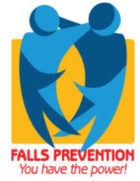
Why is falls prevention important?
FALLS ARE COMMON
Falls are the leading cause of fatal and non-fatal injuries for older Americans.
1 in 4 older adults falls each year.
Every 11 seconds, an older adult is treated in the emergency room for a fall.
Every 19 minutes, an older adult dies from a fall.
FALLS CAN CAUSE SERIOUS INJURIES
Falls result in injuries, such as hip fractures, broken bones, and head injuries. In fact, more than 2.8 million older adults are treated in emergency departments annually because of a fall, resulting in over 800,000 hospitalizations.
FALLS ARE COSTLY
The average hospital cost for a fall injury is over $30,000. Falls, with or without injury, carry a heavy burden on quality of life.
After a fall, many older adults develop a fear of falling and, as a result, limit their activities and social engagements.
Fear of falling can result in further physical decline, depression, social isolation, and feelings of helplessness.
FALLS IMPACT CAREGIVERS, TOO
Research has shown that after a care recipient’s first fall, caregivers report a significant increase in caregiver burden, fear of falling, and depression.
Dementia Friendly Massachusetts Initiative May 9 2016 Leadership Summit – Summary Report
On May 9, 2016, leaders from 84 organizations and companies from across Massachusetts met at Tufts Health Plan Foundation in Watertown to share ideas and learn from national leaders about pathways by which Massachusetts communities can become more “dementia friendly.” Key to this effort is recognizing and building upon work that is already underway, both existing dementia friendly initiatives and complementary work such as age-friendly initiatives. This report summarizes the key learnings from the May 9 Summit, and next steps for moving this coordinated statewide effort forward.
Also, from the Leadership Summit we developed Dementia Friendly Massachusetts Statement of Values.
Honoring Choices “Everyone, Everyday” Initiative
Make a plan for quality care today & everyday. The “Everyone, Everyday” initiative reaches out to all adults to make a personal health care plan within their own language, culture and ability, and receive the best possible care today and everyday, starting at 18 years old and continuing all through their lifetime.
Make Your Plan. Then, Help Move it Forward! You can start to make your own personal health care plan and put it into action with your care providers using the free Honoring Choices Getting Started Tool Kit. Then, inform and empower your family members, friends, neighbors and all adults in your community — anywhere adults live, work and gather. It’s easy to do. We’ll provide the free tools and programs.
Everyone can help: community groups, faith and cultural groups, and local business can get involved. Your support can help us reach all Massachusetts adults to open the door to health care planning and improve quality care for all.


